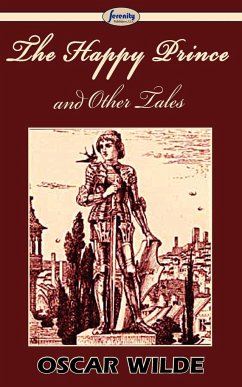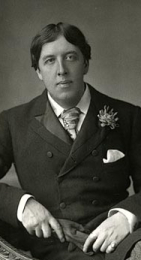This story by Oscar Wilde was published for the first time in May 1888. The happy prince summary throws light on the society full of injustice and inequality. Moreover, people give importance to superficial beauty and a life full of luxury and escapism. Furthermore, they lack compassion for each other. It also reflects the ridiculous behavior of Mayor and Councilors. People have no worth for the sacrifice made by others.
Hinweis: Dieser Artikel kann nur an eine deutsche Lieferadresse ausgeliefert werden.
Hinweis: Dieser Artikel kann nur an eine deutsche Lieferadresse ausgeliefert werden.









